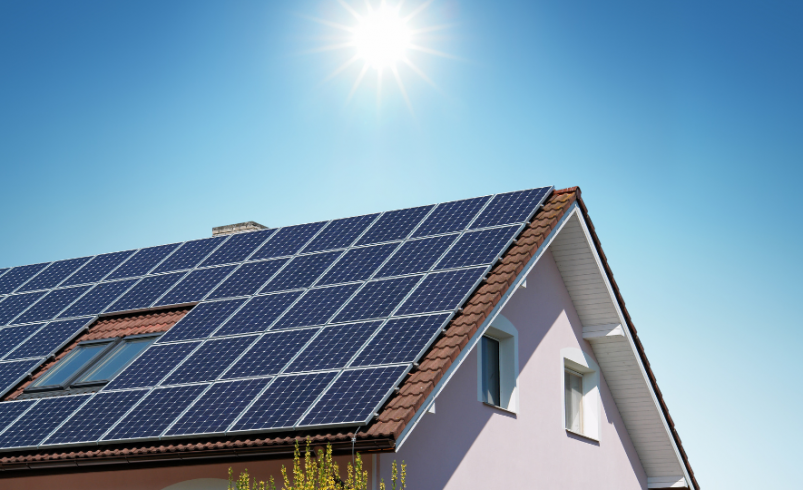Mapúa professor points out solar savings tied to household habits
- September 12, 2025
- 0

A Mapúa University energy expert has cautioned that installing solar panels does not automatically guarantee lower electricity bills, stressing that usage patterns are critical to achieving savings.
“You can install a beautiful PHP 300,000 solar system, but if your household’s energy habits don’t align with how solar power works, you won’t maximize savings. Solar panels only produce power during the day, roughly from 9 AM to 4 PM,” said Dr. Jaime Honra, program chair of the School of Mechanical, Manufacturing, and Energy Engineering at Mapúa University.
Honra said solar power is among the most accessible renewable energy options for Filipino households, but choosing the right system is essential. Grid-tied systems remain connected to the distribution utility, providing affordable daytime power and allowing households to earn credits for excess electricity through net metering. Off-grid systems operate independently and rely on batteries, making them suitable for remote areas but more expensive to maintain due to periodic battery replacement. Hybrid systems combine both approaches, using stored power during outages while remaining linked to the grid, though they come with higher upfront costs.
He noted that households with reliable electricity distributors are better suited for grid-tied or hybrid systems, while those in areas prone to brownouts or lacking stable connections should consider off-grid or hybrid setups. Before installation, engineers typically assess a property’s roof, electrical system, and energy consumption through a site survey. Honra also emphasized the importance of working with licensed providers who use typhoon-rated mounting systems.
Despite significant initial costs, he said solar power can cut electricity bills by nearly 25% in the first year, with investment recovery estimated between three and nine years depending on household conditions and usage.
The discussion over how solar energy can be maximized at the household level is becoming increasingly relevant as electricity costs rise. Do you think Filipino households are ready to adjust their energy habits to fully benefit from solar power, or will upfront costs and usage patterns remain a barrier.
Follow Power Philippines on Facebook and LinkedIn or join our Viber community for more updates.